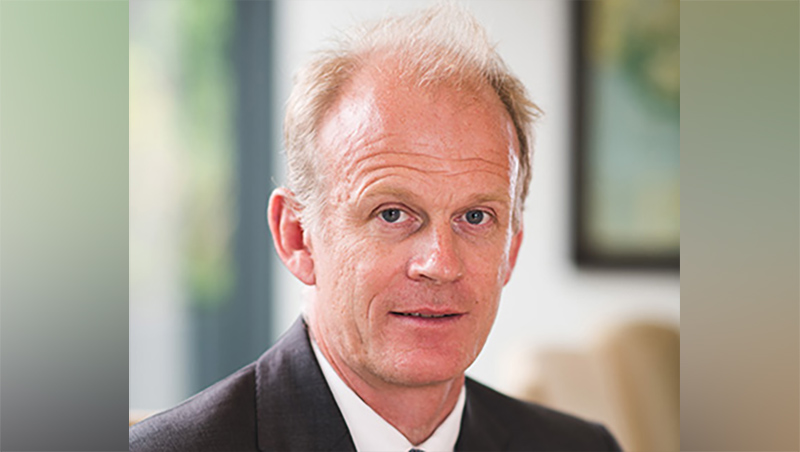The board of the Edinburgh Investment Trust is banking on Liontrust’s brand power to help rein in its discount, which has continued widening despite a turn around in performance with Majedie at the helm.
The £1.3bn trust beat the FTSE All Share for the second year in a row on an NAV basis since swapping Invesco’s Mark Barnett as its manager for Majedie’s James De Uphaugh (pictured).
It delivered a NAV total return of 14.1% in the 12 months to 31 March 2022 against the index’s 13%. The year before it had outperformed the benchmark by a much higher margin of 8 percentage points (ppts).
However, its share price struggled to catch up, rising by only 10.6% over the period. This resulted in its discount widening from 4.5% to 7.7%. As at 23 May, it had widened further to 8.3%.
QuotedData noted some shareholders would likely be “disappointed” by the share price underperformance.
Though the investment company increased its dividend by 3.3% to 24.8p, it noted this was not covered by revenue.
Board banking on Liontrust’s ‘enhanced marketing resources’
Chairman Glen Suarez, who will be stepping down after five years in the role at the AGM in July, said the trust has “continued to make progress” despite a difficult backdrop.
But he acknowledged the trust’s lacklustre share price remains an issue.
“To be clear, the rest of the board and I would like to see the company’s share price much closer to NAV. An important part of this process is the rebuilding of the company’s profile in the savings market, to which Liontrust are committed. While the profile has improved in the last two years, there is more to do.”
Last month the board confirmed it would keep Majedie as its portfolio manager following its acquisition by Liontrust. In the annual report, Suarez explained directors had been “reassured” the investment management process would be “business as usual,” including the team’s consideration of ESG factors in their work.
“We expect (and have been promised) that the change of ownership will bring enhanced marketing resources.”
In the meantime, the board initiated a share buyback programme in early 2022. It re-purchased 1,104,800 shares in the financial year.
See also: Silver lining for Liontrust as share price drop slices £50m off Majedie takeover
UK’s Achilles heel is now its biggest asset
De Uphaugh was extremely confident about the outlook for the UK equity market, which he described as being “in the foothills of a multi-year rehabilitation”.
He said the UK’s “Achilles heel” of being heavily weighted toward banks, international energy companies and miners “is now definitely a positive” in an environment where interest rates are rising, and countries are looking for alternative sources for oil and gas and how to transition to renewable energy sources.
Miners Anglo American and Newmont were among the biggest contributors to returns, along with Centrica and supermarkets Tesco and WM Morrison.
De Uphaugh ‘comfortable’ owning BAE despite ESG issues
Defence contractor BAE Systems was also a top performer, which De Uphaugh said he was still “comfortable” owning, despite considering ESG factors as part of his investment process.
He said the “sad turn of events” in Ukraine “highlights the important reality of defence spending by western governments”. “Liberal democracy requires defence – and a lot of catch-up spending is in order. BAE Systems is a prime beneficiary.”
The biggest detractors during the year including long-standing positions in paper production company Mondi, recruiter Hays and engineer Weir. The trust was also hurt by not owning miner Glencore, which saw its share price take off.
Investec maintains ‘buy’ rating
Investec maintained its ‘buy’ recommendation for the trust.
“Edinburgh is making solid progress, and the challenge now is to sustain this,” director of investment company research Alan Brierley said.
“The manager has constructed a diversified portfolio with all-weather potential, and a balance of growth, value and recovery stocks, and they believe that these quality companies will have pricing power in the current regime.
“A year ago, we talked about the potential for more supportive tailwinds as the UK recovers from its pariah status and, in recent months, the UK has been a relative ‘safe harbour’ as global equities have hit turbulence.”







